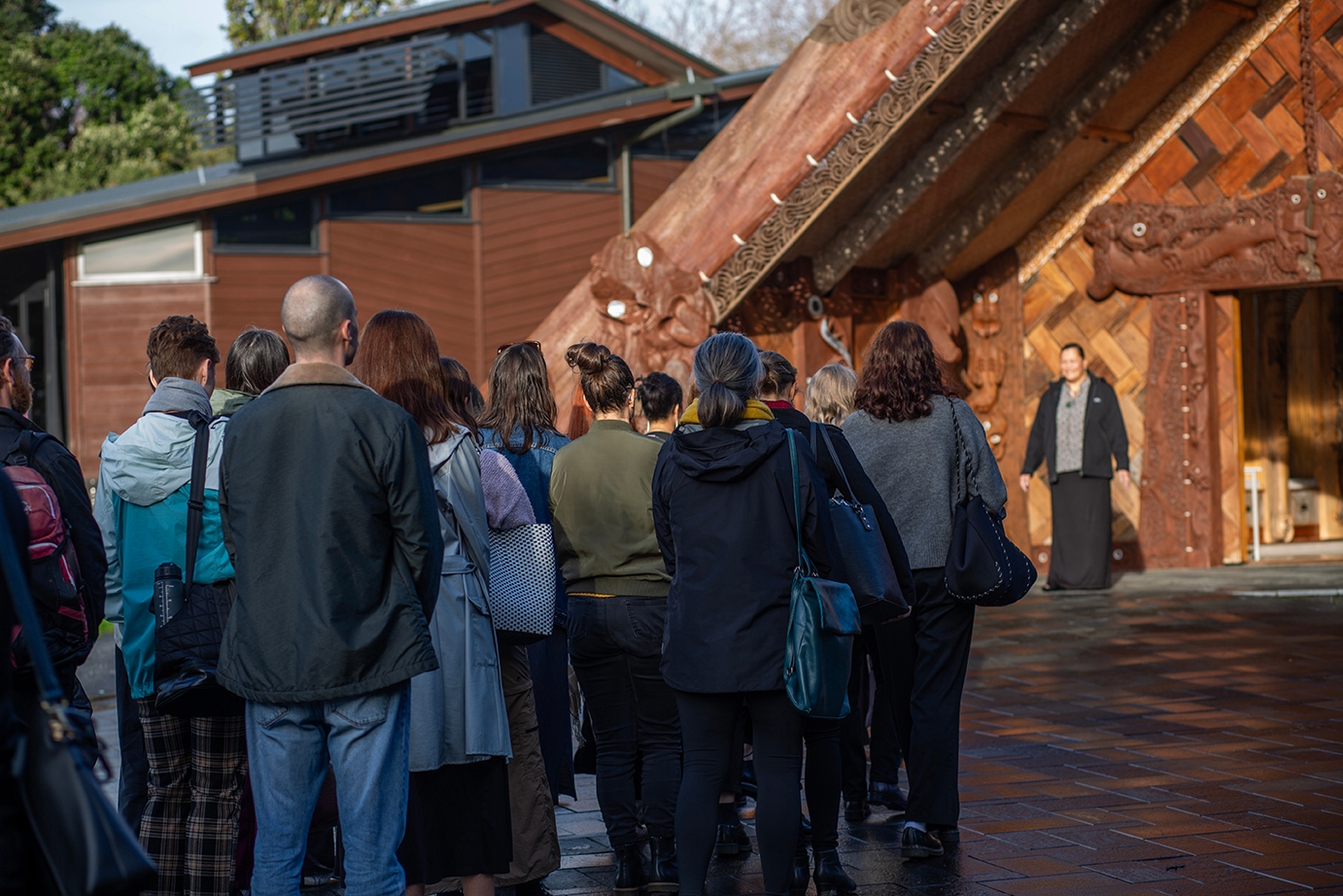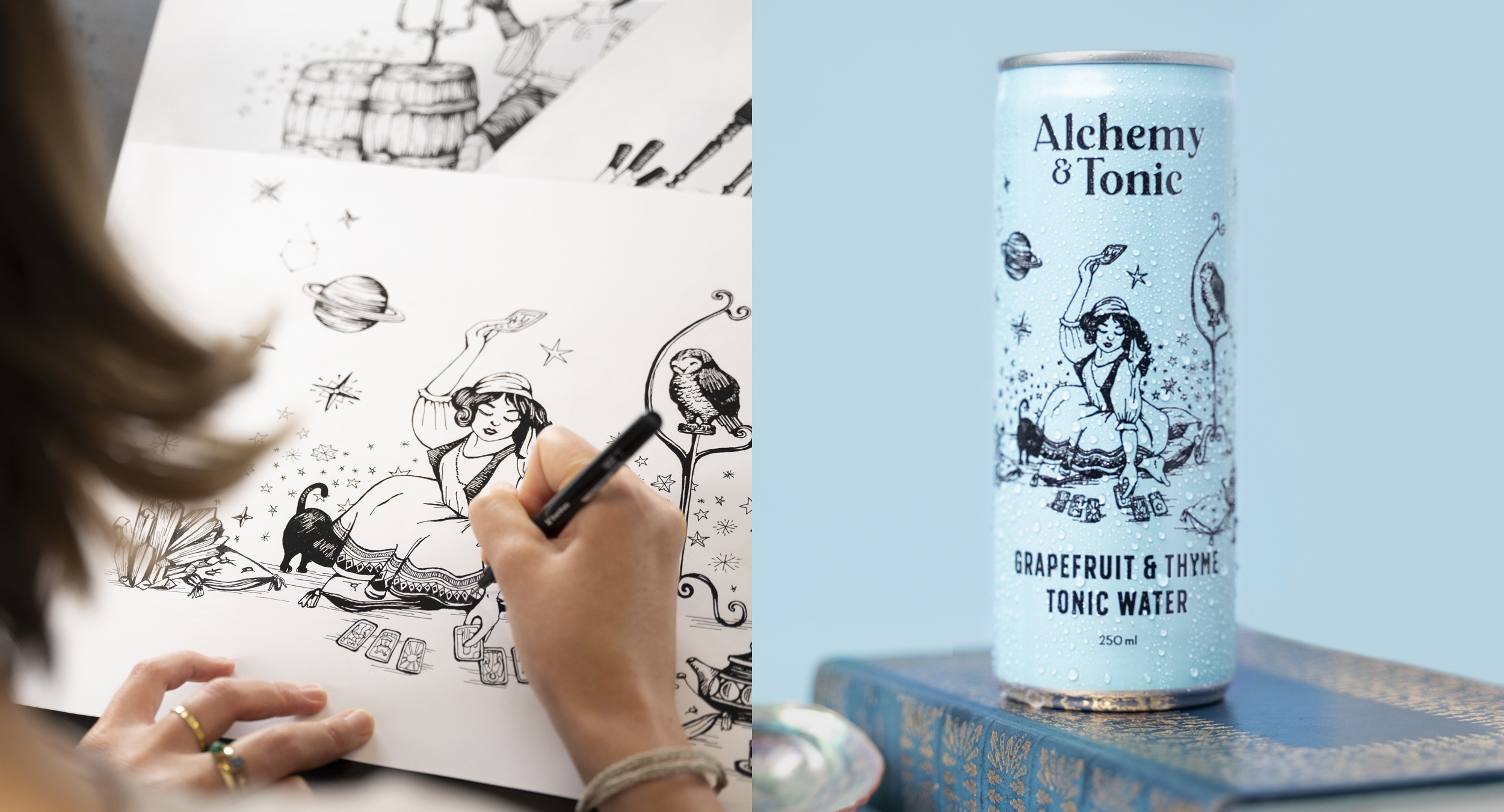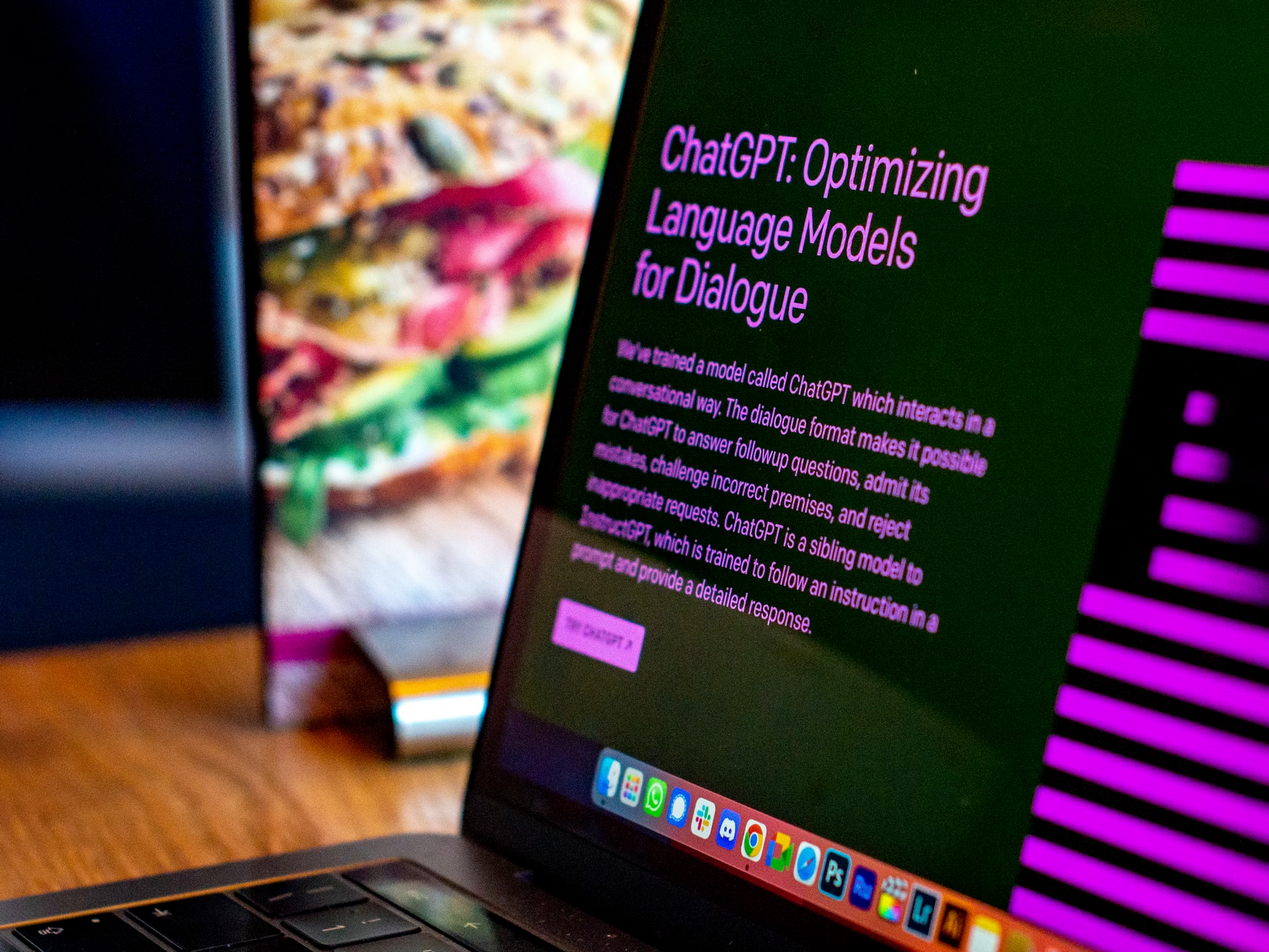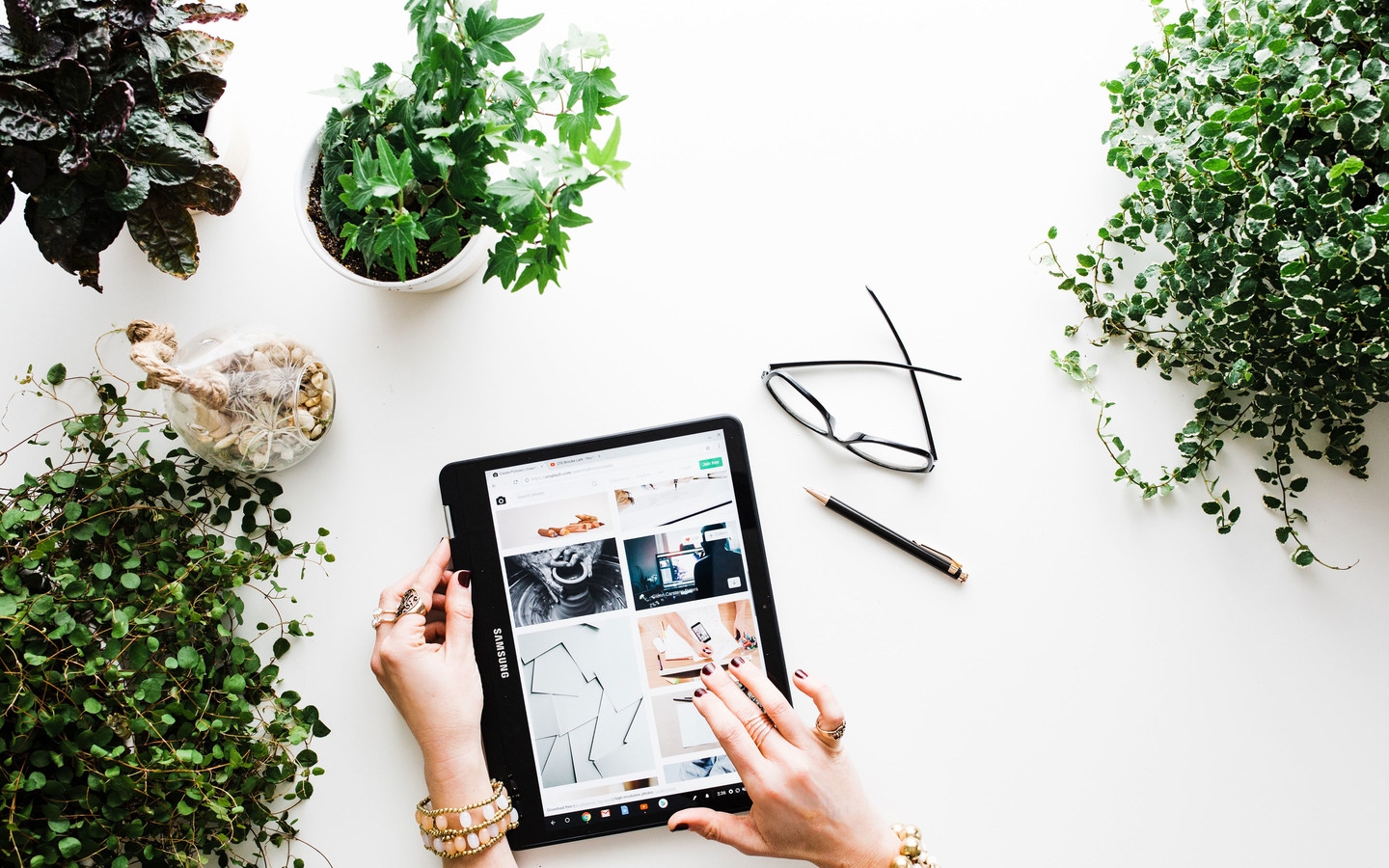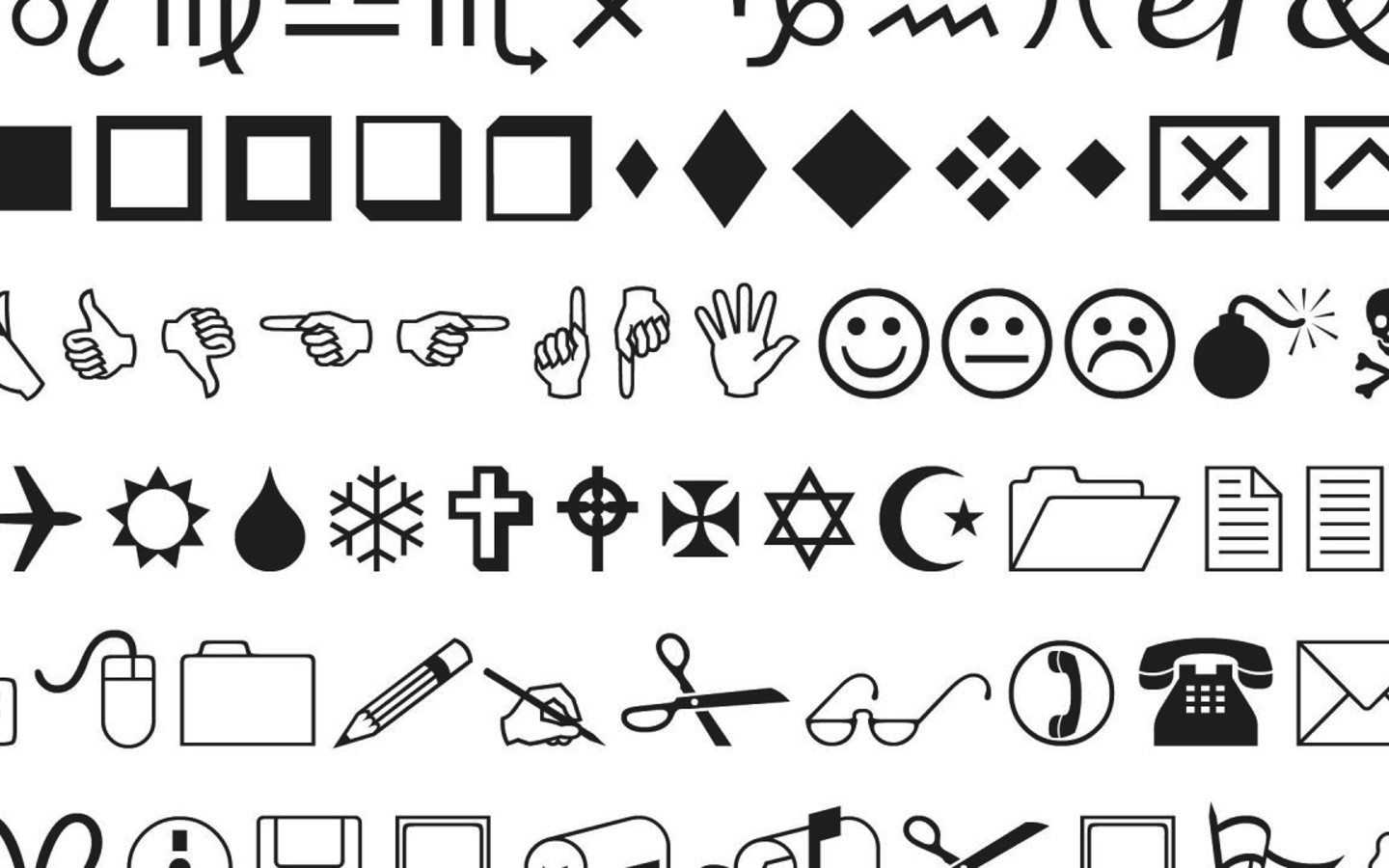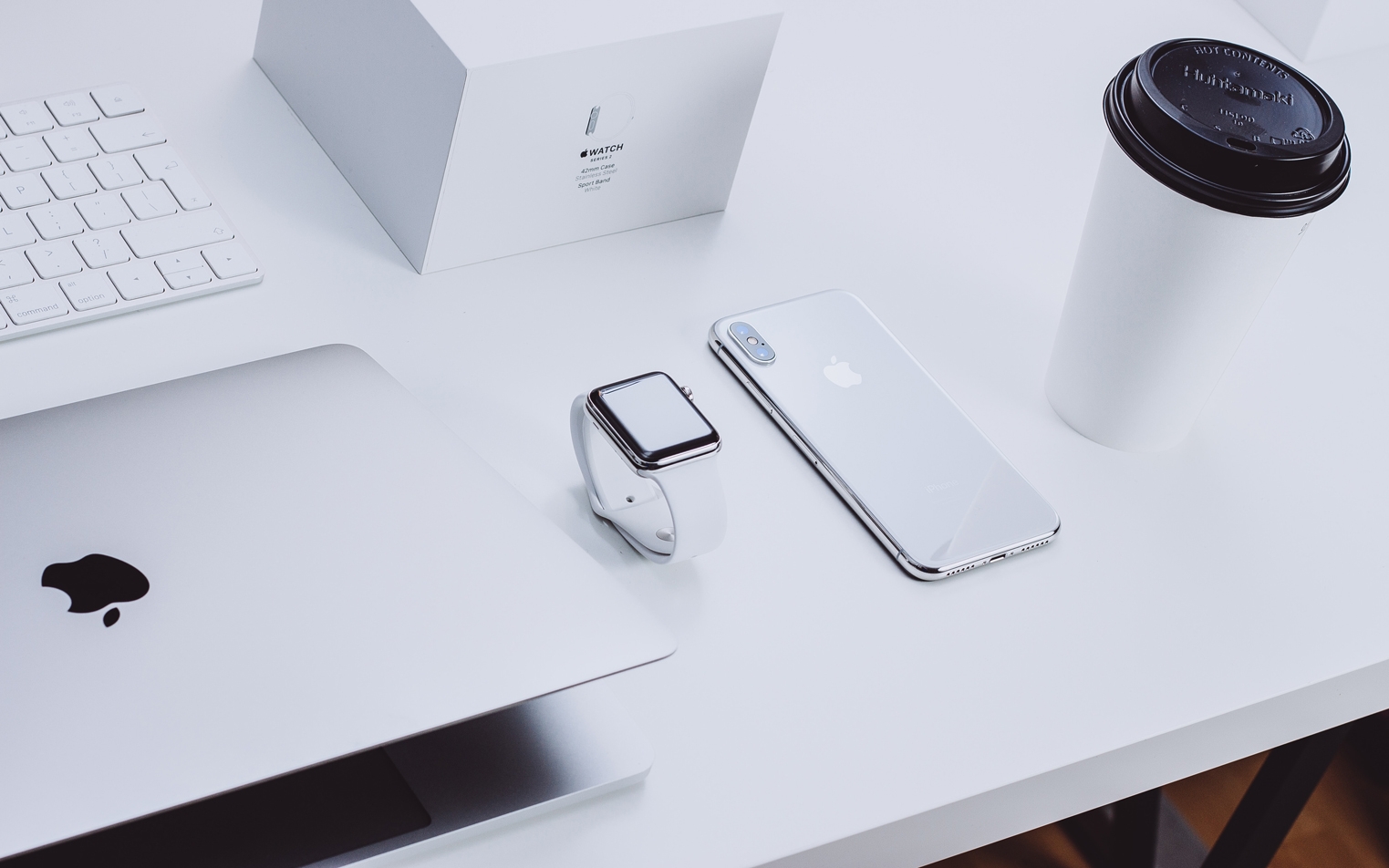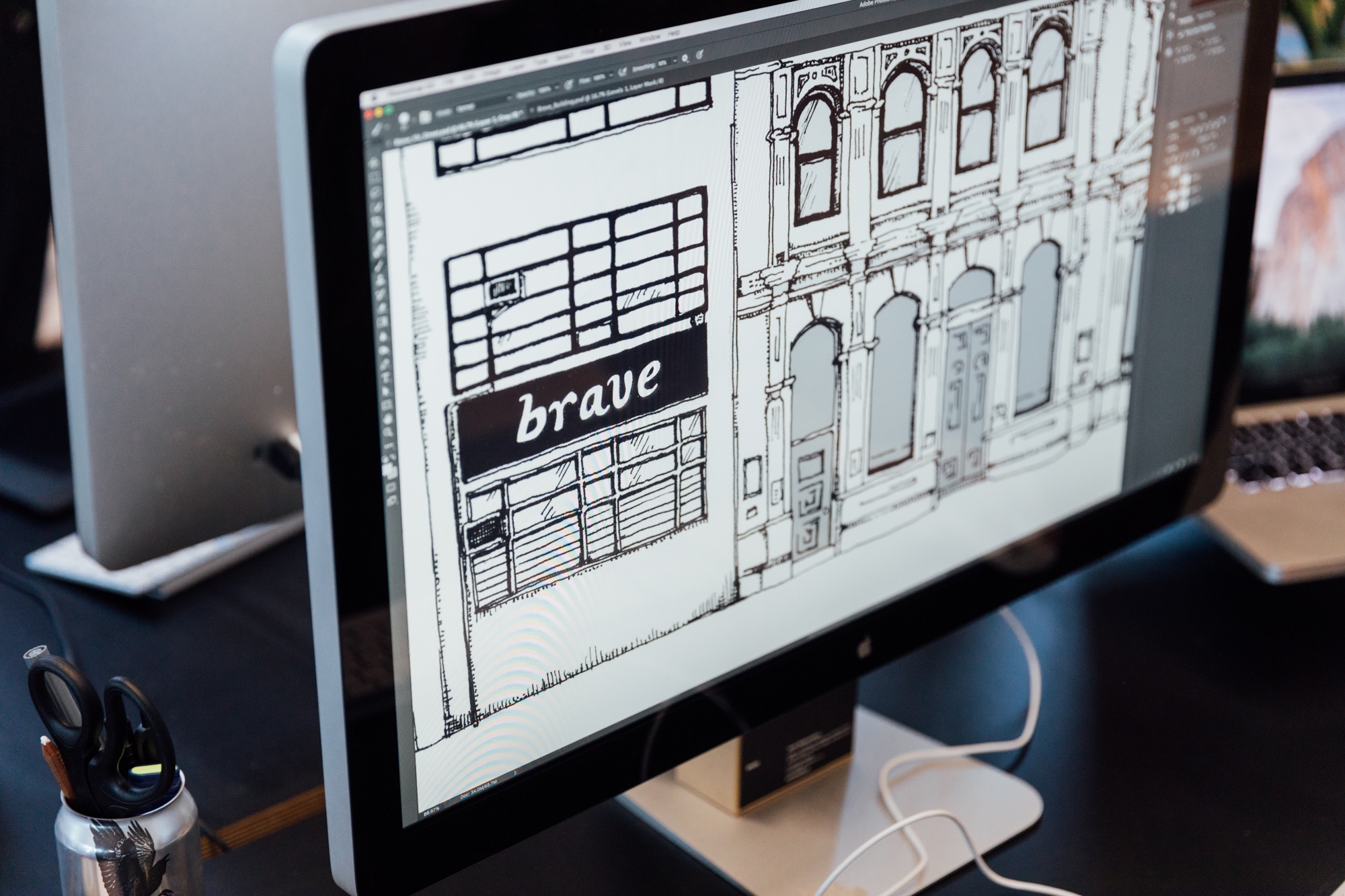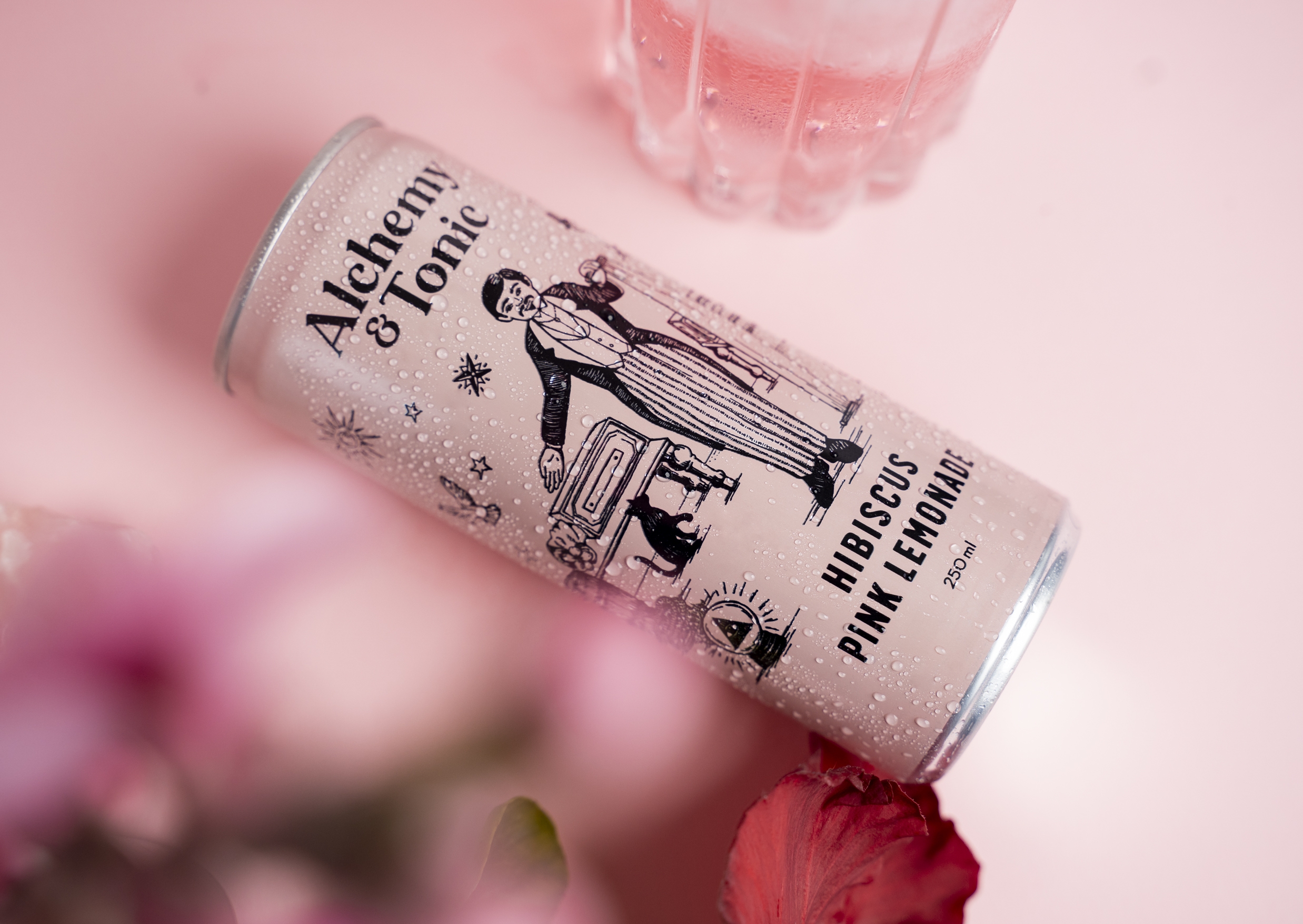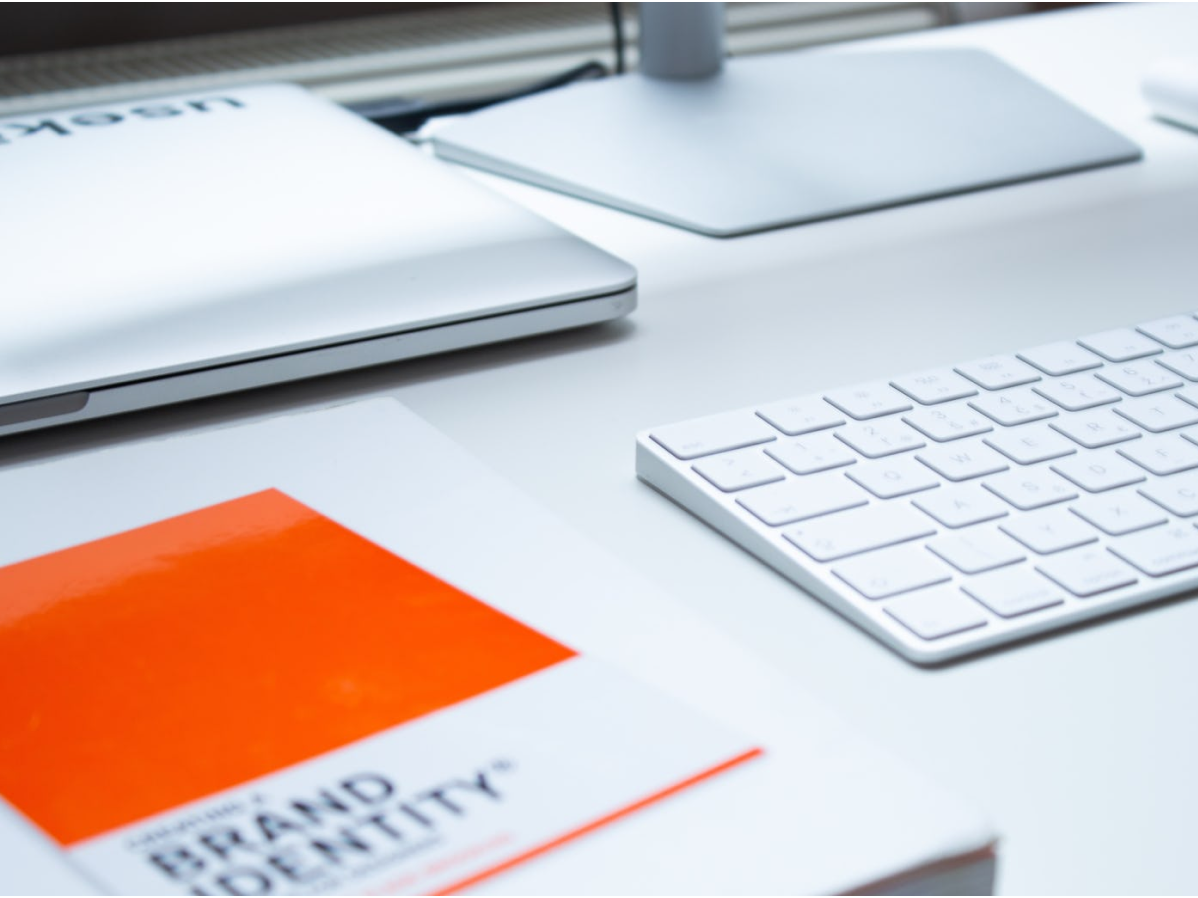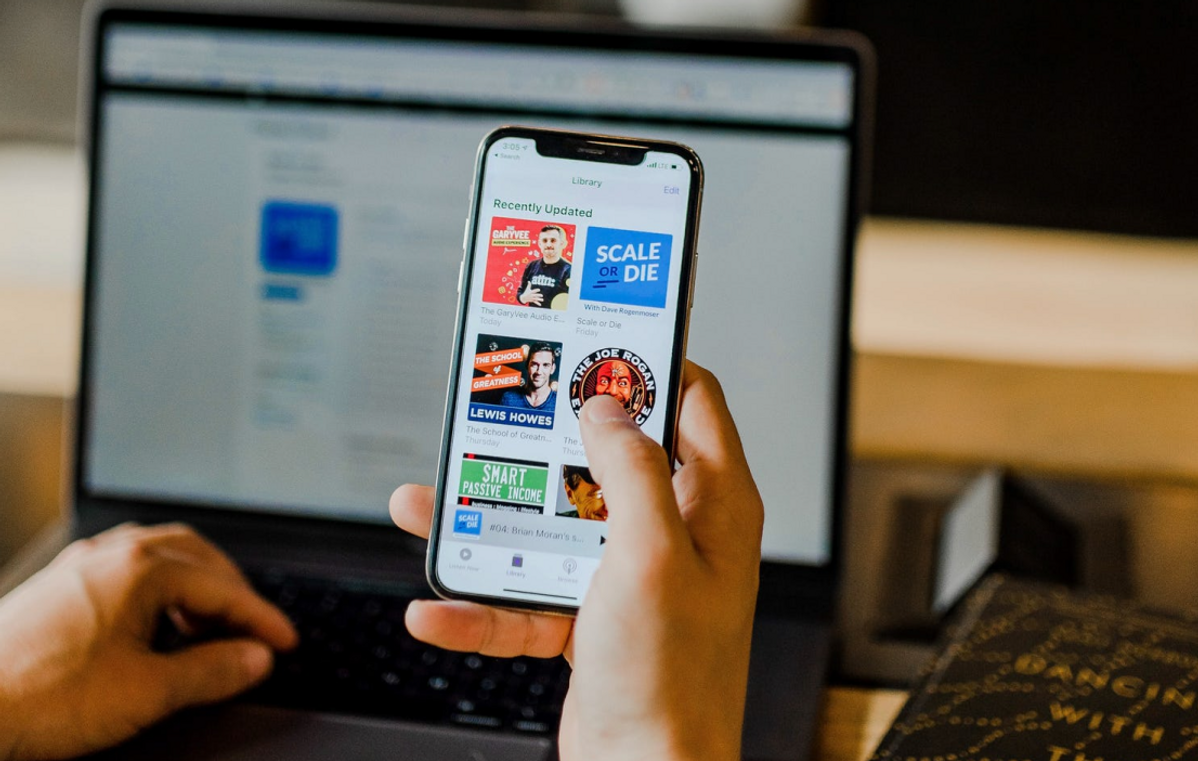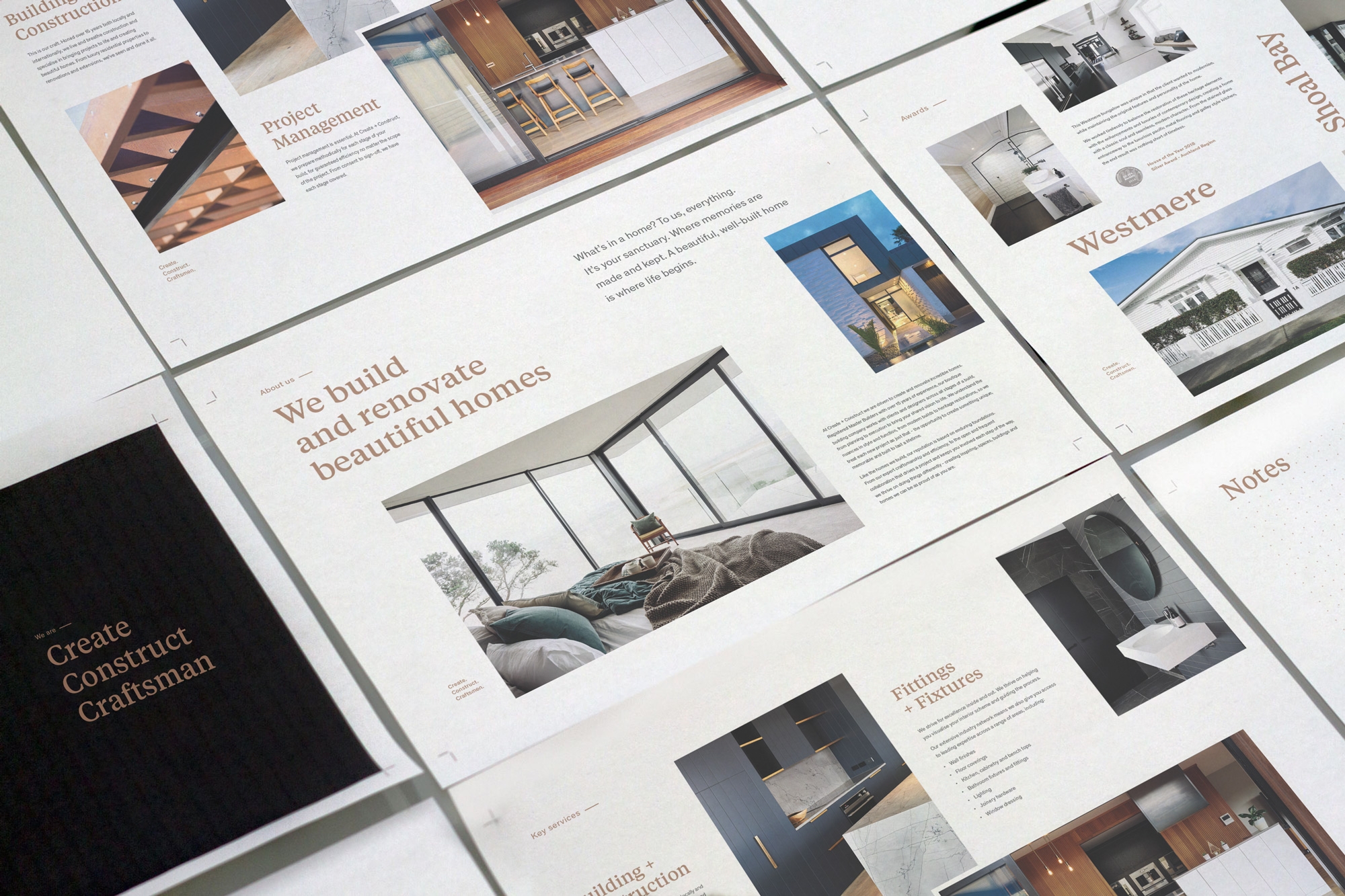This winter, members of the Brave team were fortunate to take part in an immersive full-day workshop hosted by Design Assembly, which focussed on learning how to foster a more collaborative, culturally intelligent work environment with more inclusive creative outcomes through embracing a te ao Māori worldview.
The Te Paenga Cultural Workshops series was created by Sarai Morris and Johnson McKay of Māori-led strategic agency, Ira - a studio with an extensive background in bringing te ao Māori approaches to co-designing uniquely Aotearoa brands, products and experiences. At Ira, their belief is that te ao Māori is not just for Māori. It's a way of seeing the world that can enrich all New Zealanders - culturally, socially, environmentally and economically. Needless to say, we were excited to dive in!
The workshop took place at Te Noho Kotahitanga Marae, with the majority of the day’s learning taking place in the stunning whare whakairo (carved meeting house) which was designed and built by Te Arawa master carver Dr Lyonel Grant. We were welcomed onto the marae with a traditional pōwhiri (welcoming ceremony), and simply stepping into the space was a powerful experience in itself, and a beautiful introduction to tikanga Māori (cultural processes/protocol) to kickstart our day.
Many themes were covered throughout the course of the day, but some of our main takeaways were centred around the idea of te ao Māori vs. te ao Pākehā – what informs a Māori cultural identity and worldview, as opposed to what characteristics are typically associated with a Pākehā worldview. We were tasked with brainstorming concepts, values and attitudes that could be associated with each worldview, and discussing how each differed and held their own merit. Values such as whakapapa (identity through genealogy), collectivism and treating time as something that is fluid were all associated with a te ao Māori worldview, whereas individualism, ownership and viewing time as something transactional were values more associated with a te ao Pākehā worldview. The objective of the exercise was to find values that are shared between both parties, creating opportunities to connect. Entrepreneurial spirit, and the importance of whānau (family) were some of the concepts we all agreed were valued by both parties, along with collaboration and partnerships when working on projects. Johnson and Sarai explained that finding values-based common ground leads to creative solutions that speak to a much broader audience, and that connect to your audience on a deeper level.
We were also encouraged to consider how incorporating te ao Māori principles into our own studio or organisation can benefit our team and lead to a more socially, environmentally and spiritually balanced workplace. Values such as kaitiakitanga (preservation, conservation and nurturing) as well as a more holistic approach to spirituality and emotional well-being were aspects in particular which were highlighted that we felt were intrinsic to fostering a healthy work environment.
Another important insight that we took away from the day was centred around tikanga Māori (cultural processes) in the context of bringing diverse people together to co-create (such as when working on a creative project), and how establishing tikanga is broken down into three key principles; pono, tika and aroha. Pono being the principle of gathering the correct insight. This involves seeking out all knowledge and perspectives relating to the project/task/issue at hand, while keeping an open mind and being receptive to all perspectives. This ensures that one has all of the knowledge at hand before moving on to the next step in the process, tika. Tika is the principle of establishing the correct and appropriate process that ensures that tapu (in short, a state of balance that supports potential) and mana (power, a source of respect) are enhanced. Ultimately, pono and tika are not complete without aroha – this being the correct intention. The system of gathering knowledge, then defining appropriate processes should always be guided by the correct motivation; including empathy, respect and selflessness. Many reflected that the process of establishing tikanga through pono, tika and aroha is not dissimilar to how we might approach a brief for a client, ensuring we have explored all of the information and perspectives first, before moving on to defining a process or processes to achieve the best possible result, while checking in to make sure that the project is being created with the right morals at its core. This served as a great reminder on ways in which our organisations or workplaces might already be employing a te ao Māori approach, and how we might be able to enhance these aspects further.
The workshop was a truly immersive experience not only in the fact that we were learning about te ao Māori in an academic sense, but also through the way in which we were made to feel throughout the day. The principles of collectivism, nurturing and whānau were all demonstrated in the way that we were welcomed, cared for and supported throughout our learning journey. In between each module we were encouraged to gather in the wharekai (food hall) to share our learnings and of course, to eat the generous spread that had been laid out for us.
We came away from the day full of so much food for thought, and also with the knowledge that we had only just begun to scratch the surface of what learning about te ao Māori could teach us. A beautiful whakataukī (Māori proverb) was shared with us which felt like the perfect summary of our experience, and also a reminder that our learning journey is one that lasts a lifetime.
Mā te rongo ka mōhio
Mā te mōhio ka mārama
Mā te mārama ka mātau
Mā te mātau ka ora!
From hearing
comes knowledge
From knowledge
comes understanding
From understanding
comes wisdom
From wisdom
comes life
